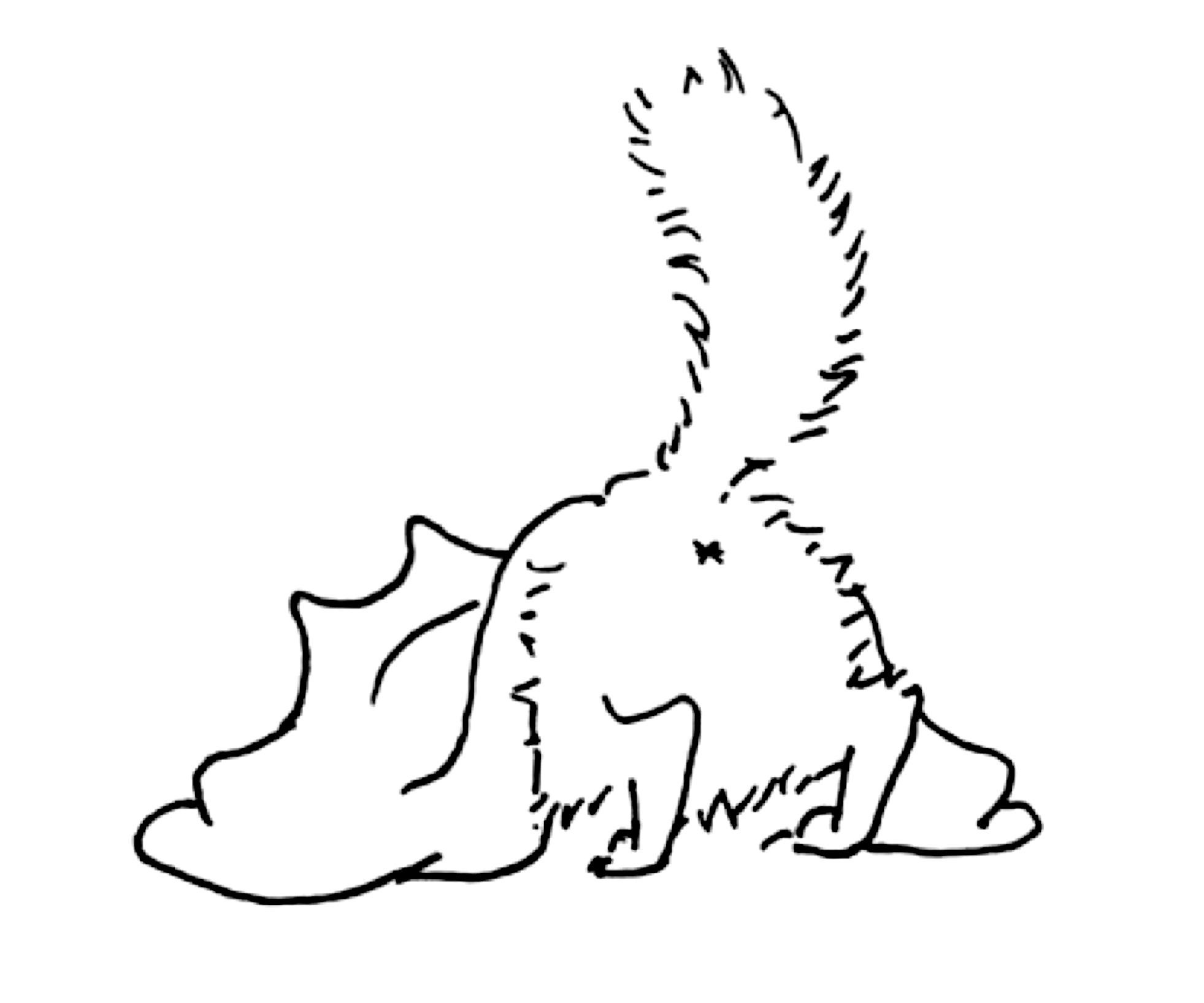
Charlotte Szasz
A Feminist State Criticism Following G.W.F. Hegel
17 August
State theory has long developed without non-male input and resulted in an androcentric idea of a state that has become established as the organized social system without alternative.
Although we know that the state has a huge impact on structuring our relationships, we as feminists put more effort into criticizing those relationship in its effects rather than taking them seriously as symptoms. As Rhode’s (1994) writes: "Most political treatments of the state have had little to say about gender, just as most feminist theory about gender has been uninterested in conceptual approaches to the state."
In this seminar we want to look at the possibility of a feminist state criticism following G.W.F. Hegel. If Hegel is known for anything, it is for being a philosopher of the state. Why should one choose him, of all people, as a critic of the state? And why, of all things, as a feminist reference point for a critique of the state?
Because Hegel characterised the ideology and premises of the modern state particularly well, both in his description of the state and the role of the sexes in it. His philosophy of the state and law is read in the left Hegelian, Marxist tradition, as in the liberalist tradition of German idealism. We look first at his characterisation of that which does not willingly participates in the state: the Women. Our first source will be the Phenomenology of Spirit, but we will also look at the State in Hegel’s Philosophy of Right. In Hegel we can see particularly well how gendered the state is. From his theories of ancient society to modern, bourgeois society, the characterisation of the various gendered references to the institution we call the state extends. So at the outset, the question is how and why the state is gendered? Is it limited to the distinction between family and state?
In this course we will then pursue the question of a feminist state theory to move from description to critique. And to link state theory to a critique of domination. We will look at the thesis that the invention of gender difference goes hand in hand with the invention of the demarcation between public and private life – and the invention of the demarcation between production and reproduction. We will look at Marxist feminist approaches, feminist social theory and approaches post-structural feminism. Our sources are, but not limited to: Kantola’s “Feminists Theorize the State”, Rhode’s “Feminism and the State”, Ludwig’s “Staat
und Geschlecht”, Seeman’s “Feministische Staatstheorie” and Löffler’s “Feministische Staatstheorie“(all made available in English). Own interventions are welcome.
Although we know that the state has a huge impact on structuring our relationships, we as feminists put more effort into criticizing those relationship in its effects rather than taking them seriously as symptoms. As Rhode’s (1994) writes: "Most political treatments of the state have had little to say about gender, just as most feminist theory about gender has been uninterested in conceptual approaches to the state."
In this seminar we want to look at the possibility of a feminist state criticism following G.W.F. Hegel. If Hegel is known for anything, it is for being a philosopher of the state. Why should one choose him, of all people, as a critic of the state? And why, of all things, as a feminist reference point for a critique of the state?
Because Hegel characterised the ideology and premises of the modern state particularly well, both in his description of the state and the role of the sexes in it. His philosophy of the state and law is read in the left Hegelian, Marxist tradition, as in the liberalist tradition of German idealism. We look first at his characterisation of that which does not willingly participates in the state: the Women. Our first source will be the Phenomenology of Spirit, but we will also look at the State in Hegel’s Philosophy of Right. In Hegel we can see particularly well how gendered the state is. From his theories of ancient society to modern, bourgeois society, the characterisation of the various gendered references to the institution we call the state extends. So at the outset, the question is how and why the state is gendered? Is it limited to the distinction between family and state?
In this course we will then pursue the question of a feminist state theory to move from description to critique. And to link state theory to a critique of domination. We will look at the thesis that the invention of gender difference goes hand in hand with the invention of the demarcation between public and private life – and the invention of the demarcation between production and reproduction. We will look at Marxist feminist approaches, feminist social theory and approaches post-structural feminism. Our sources are, but not limited to: Kantola’s “Feminists Theorize the State”, Rhode’s “Feminism and the State”, Ludwig’s “Staat
und Geschlecht”, Seeman’s “Feministische Staatstheorie” and Löffler’s “Feministische Staatstheorie“(all made available in English). Own interventions are welcome.

*Back